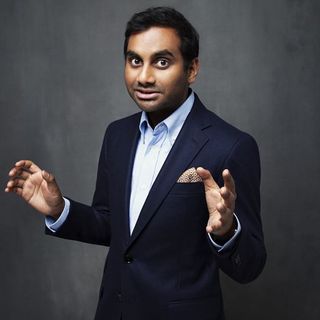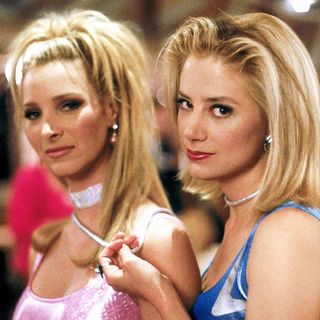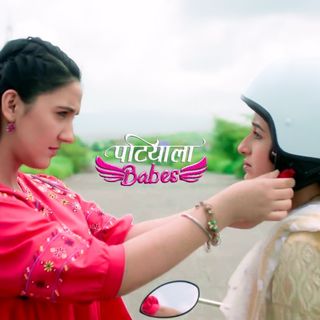I didn’t need to watch Gully Boy to know the plot. It is a tried (and tired) and true story of an oppressed artist, misunderstood by family and lacking in resources, overcoming all gruelling odds by sheer force of passion to go on to win a contest emblematic of a successful career.
What I did need to see, however — what was absolutely essential for me to experience — was Zoya Akhtar and Reema Kagti’s beautifully nuanced characters taking an axe to gender stereotypes and boasting a low tolerance for (most) toxic behavior.
Ranveer Singh’s Murad Ahmed, aka ‘Gully Boy,’ is an engineering student with a penchant for writing poems that he’s initially too shy to perform. Enter semi-successful rapper MC Sher, played beautifully by Siddhant Chaturvedi. Murad is absolutely taken by Sher’s genius, apparent and adorable in the way he fanboys over the fellow street rapper and hesitates to approach him. Here begins one of the most wonderful relationships of the movie, replete with the kind of support and encouragement that leaves little room fortoxic masculinity.
Related on The Swaddle:
Sher gushes over Murad’s poems, gives him a platform, and the confidence and courage to thrive on it. He teaches Murad to own his experience from the slums of Dharavi, to be proud of his background and use it in his art. Sher spends what seems like many hours and days to help Murad find rhythm, essentially elevating a street poet to the soon-to-be-adored Gully Boy. Throw in a collaboration between the two, supplemented by an improv-style music video winding through narrow streets and chawls and set to “Meri Gully Mein,” and their rap relationship seems to be sealed for life.
When the inevitable contest comes around, MC Sher loses, and Gully Boy goes through. I catch my breath, expecting to watch a relationship I have enjoyed so far turn ugly. No dice. The camera focuses on Sher, who effortlessly breaks out into a goofy smile. He turns around and pounces on Murad — for a hug — exuding love, support and happiness for his friend. Gone are the days of forcing men to be competitive, to have them find failure and aggression in another’s success. Turns out, the ball for which I was waiting to drop never existed.
Or, it was rolling around Alia Bhatt, who plays a feisty, violent and jealous Safeena, Murad’s childhood sweetheart. Safeena is a medical student, outspoken in her words and actions. When she finds out that another woman has been texting her boyfriend, Safeena marches in a possessive rage to beat her up. In another instance, she smashes a beer bottle over the head of Kalki Koechlin, who plays Murad and Sher’s music producer. Watching the movie, and observing people’s reactions around me, I realized I’m supposed to love Safeena. Here’s a woman who goes after what she wants and is unapologetic about it. And if, in the process, she beats up a few women in a jealousy-fueled haze, it’s downright cute, right? No, it’s toxic.
Related on The Swaddle:
To clarify, wanting to portray someone like Safeena is not the problem. It is the lack of accountability that her character enjoys, from her friends, family and Murad, that normalizes virulent behavior. Everybody in the movie has essentially resigned themselves to this loveable, sociopathic madwoman, who — to Bhatt’s credit — is quite compelling. However, women regarding other women as threats, and holding each other to higher standards than they do men, is quite an old trope in Bollywood that we could do away with.
In all other respects, Gully Boy, the movie and the character, inspire. Murad starts off as a timid, reserved artist, ultimately blossoming into a confident man who does not shy away from standing up to injustice — be it tackling his abusive father, played by Vijay Raaz, to the ground while yelling “Hath nahi uthaneka” in an electric scene, to painting the town with graffiti in an activist-ic high with friends.
The movie assiduously delivers on the drama, the entrancing music, the poetry — and on what I like to call socially-responsible entertainment.




